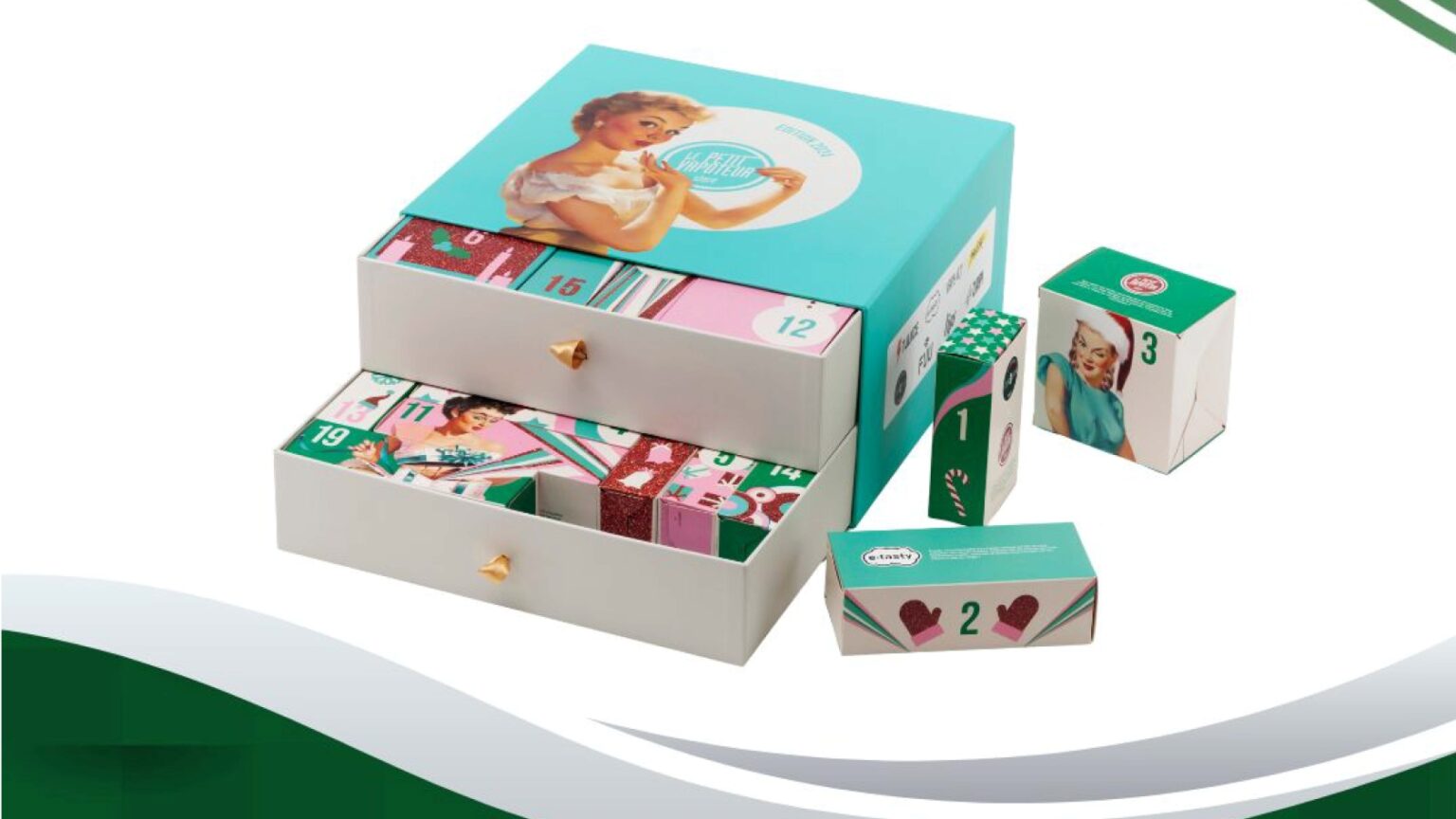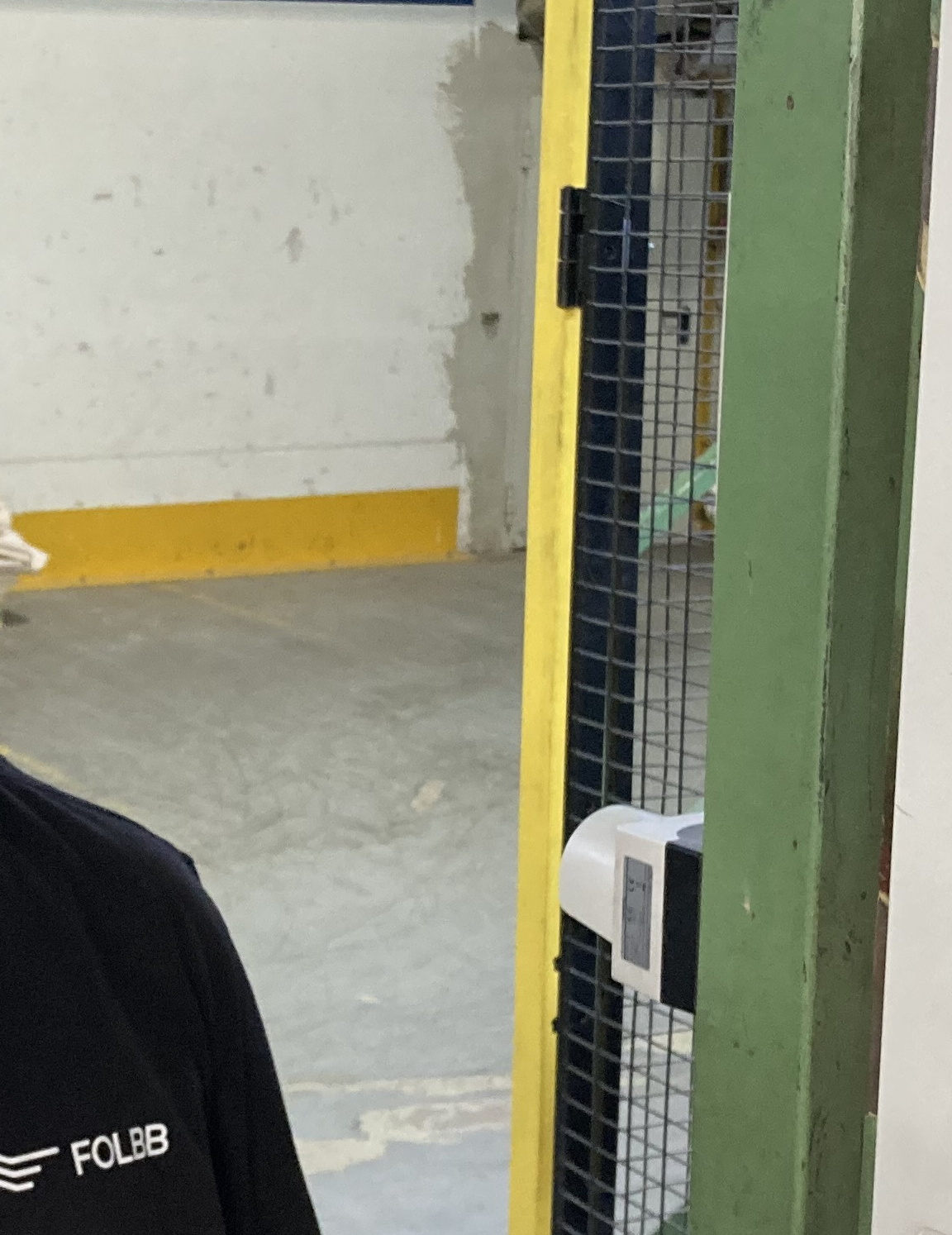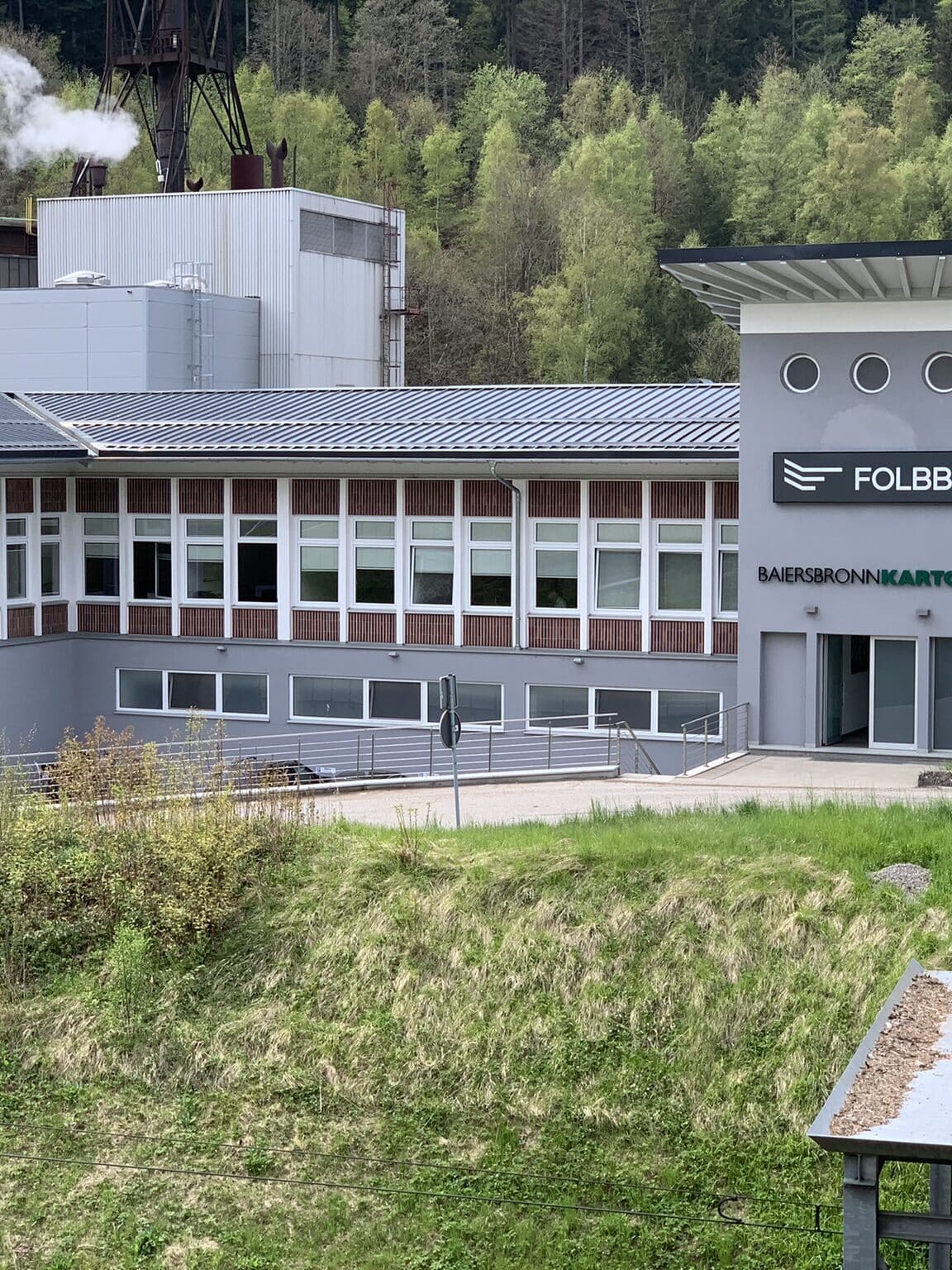Flexible and driven We are FOLBB
We are FOLBB, the leading manufacturer of virgin fiber cartonboard. A high-end packaging material unmatched in terms of quality and sustainability, manufactured with passion and technical craftmanship at our plants in Eerbeek (NL) and Baiersbronn (GER). Our customers use it to design and produce a wide variety of packaging, particularly for the food and pharmaceutical industries. We maintain personal, often long-term relationships with those customers. We share our knowledge based on years of experience and have the continuous drive to be an innovative leader. We like to make a difference for our customers; with speed, flexibility and attention to their specific needs. We always go that extra mile.

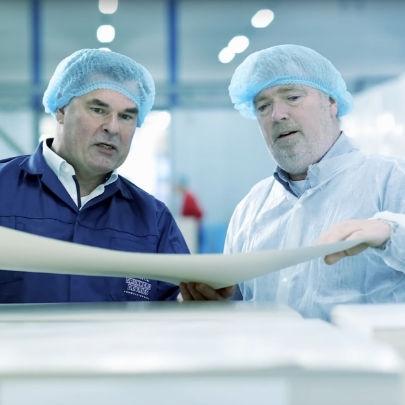
Our story Made personal for you
Developing, producing and supplying high-quality virgin fiber cartonboard is in our DNA. Day in, day out at both our mills. Our folding boxboard forms the basis for many types of packaging and is a sustainable alternative to plastic. In our story, we explain how we make a beautiful and sustainable product from the ground up.
Check our corporate video.
Our categories
Latest news
Checks our news and features on our products here.
Sustainable contribution
Our folding boxboard contributes to the substitution of plastic packaging/plastic waste
High-quality folding boxboard for packaging
High-quality folding boxboard for packaging in the food, pharmaceutical and cosmetics industries. Both GC1 and GC2
Our cardboard is recyclable
Our cardboard is compostable and recyclable after usage and has multiple recycling cycles.
Come and join us Our vacancies
Our locations
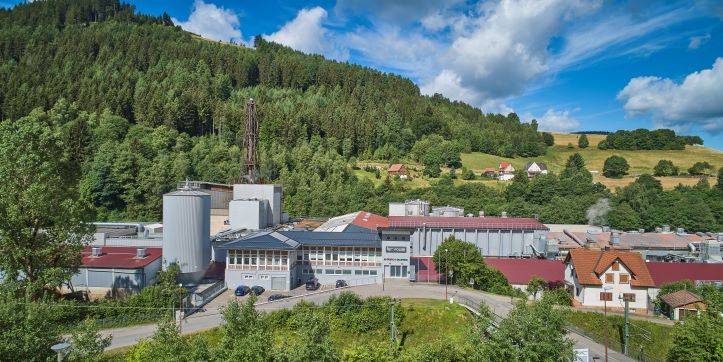
- Flexibel and customer driven
- Located in the middle of the black forest
- FSC® C170805
- PEFC/04-31-3649
- Since 1937
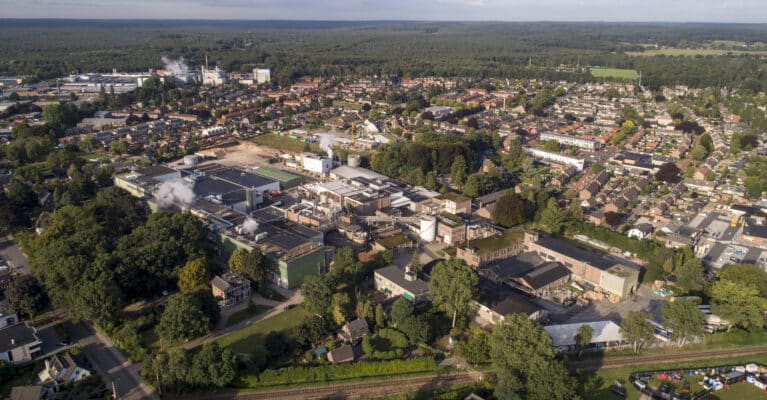
- Flexibel and customer driven
- Close to ports and forests
- FSC® C170805
- PEFC/04-31-3649
- Since 1661
Any questions?
Want to know more about our ‘Made personal approach’? If you leave your details here, we will contact you as soon as possible.












